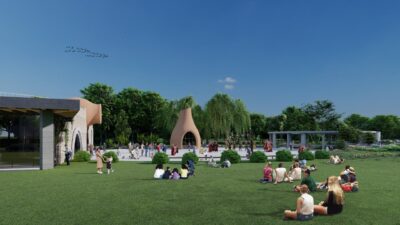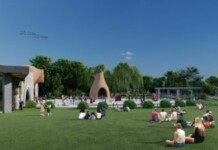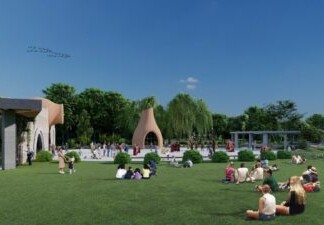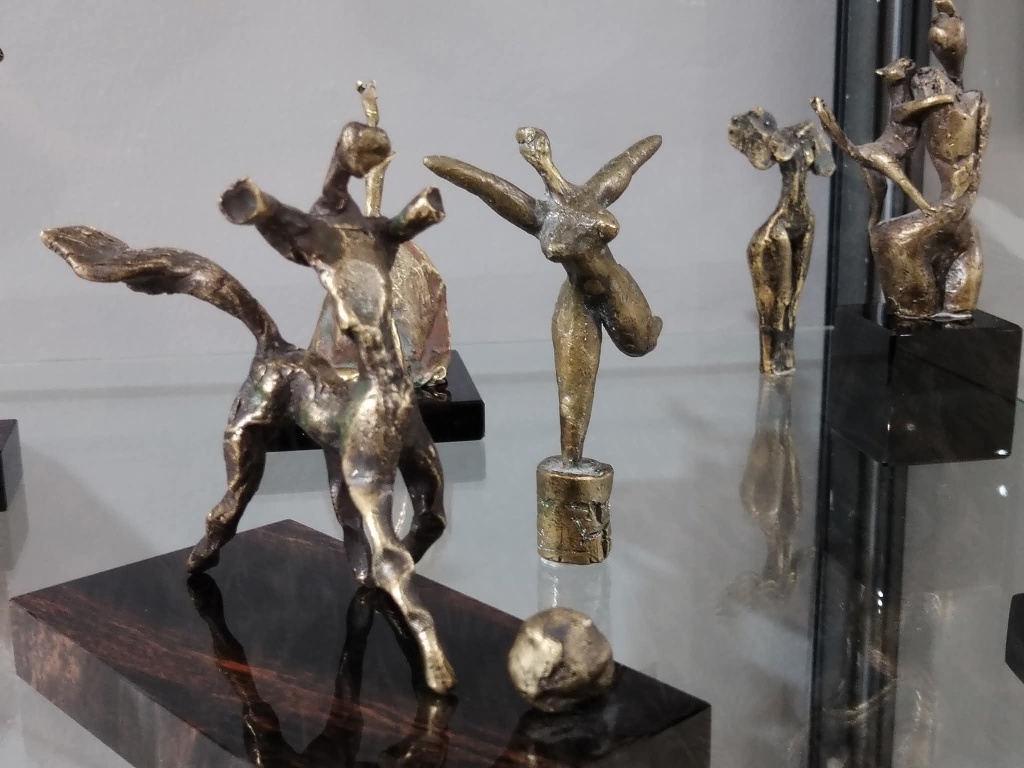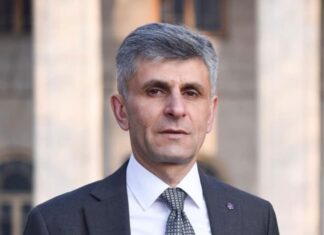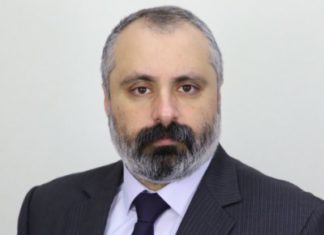YEREVAN/FRANKFURT AM MAIN — Angela García López Khachatryan is a musician, educator, researcher and mindfulness practitioner dedicated to empowering people through music, through critical thinking and conscious living. Born in Spain (Córdoba) and raised in France and Belgium, she studied politics before moving to London to pursue music. Her journey later expanded into yoga, meditation, and mindful parenting. She is certified in child psychology, naturopathy, and mindfulness education, and has developed two early-childhood programs: Little Music Educators and MusiYogi, blending classical music with yoga and emotional awareness. Angela is also the creator and host of “Miamit Hartser” (Naïve Questions), a podcast produced by Ardean Broadcast, where she interviews inspiring Armenian professionals. She is married to violinist Sergey Khachatryan, and the couple has three children.
Dear Angela, through your “Naïve Questions” podcast, you conduct very interesting conversations with Armenian professionals. Now it’s my turn to talk with you — posing both naïve and not-so-naïve questions. First of all, I’d like to say that you are a deeply positive person. As an advocate of conscious living, have you arrived at this positivity through life experience, or is it something innate?
My parents like to say that I was a very happy baby. I grew up surrounded by a really big family, love and nature. All the travels and moving around we did with my family taught me to see life through other people’s eyes. That perspective and that amount of love has really enriched me in life. I have been really, really lucky. I think positivity often goes hand in hand with a genuine curiosity about life and about people.
What is the focus of “Miamit Hartser”?
“Miamit Hartser” was born from a wish to inspire growth through meaningful conversations with brilliant minds. I wanted to explore the topics that fascinate me and share them through dialogues with some of the most accomplished Armenian professionals — remarkable individuals both in their fields and as human beings. From the very beginning, I had a clear vision of what I wanted “Miamit Hartser” to be. That vision found new life when I spoke with Vasken Brudian, CEO of Ardean. Together, we joined forces, and today, “Miamit Hartser” is proudly produced by Ardean Broadcast. This project highlights not only deeply interesting people but also professionals driven by a genuine desire to share their knowledge. They want to see our society grow — become more conscious, more connected. I carry a profound admiration for every one of these professionals. Their passion, insight, and generosity continue to inspire me — and I hope they inspire you too.
Musical education has been highly valued in Armenian society since the 19th century and also during the Soviet period, as a means of general development and strengthening intellectual capacities. However, today it seems rather difficult to connect Generation Alpha to music.
